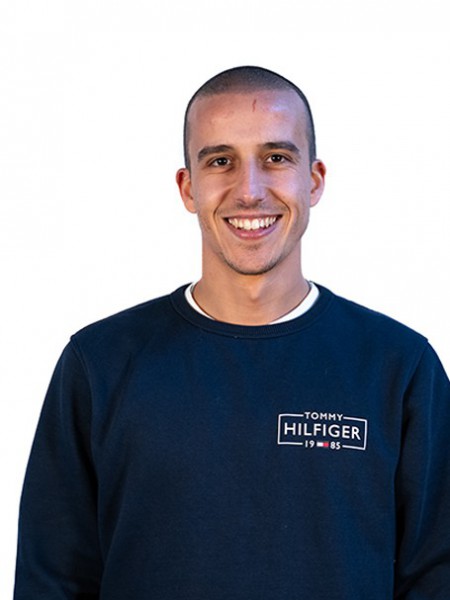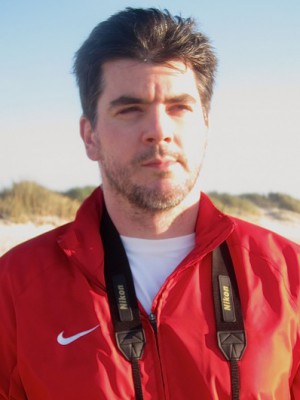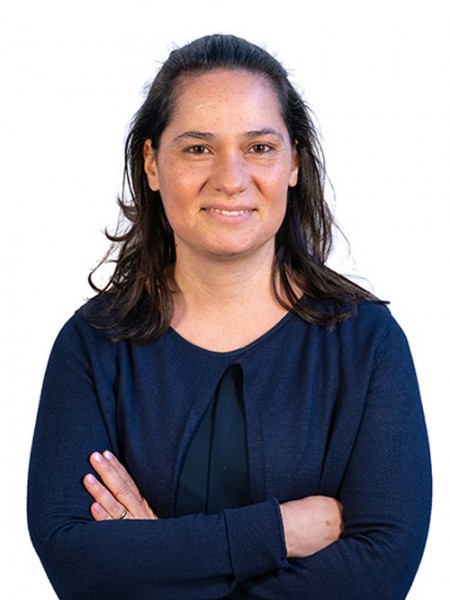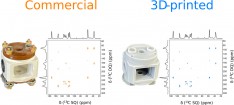abstract
Additive manufacturingsuch as three-dimensional (3D)-printinghas revolutionized the fast and low-cost fabrication of otherwiseexpensive NMR parts. High-resolution solid-state NMR spectroscopydemands rotating the sample at a specific angle (54.74 & DEG;) insidea pneumatic turbine, which must be designed to achieve stable andhigh spinning speeds without mechanical friction. Moreover, instabilityof the sample rotation often leads to crashes, resulting in costlyrepairs. Producing these intricate parts requires traditional machining,which is time-consuming, costly, and relies on specialized labor.Herein, we show that 3D-printing can be used to fabricate the sampleholder housing (stator) in one shot, while the radiofrequency (RF)solenoid was constructed using conventional materials available inelectronics stores. The 3D-printed stator, equipped with a homemadeRF coil, showed remarkable spinning stability, yielding high-qualityNMR data. At a cost below 5 euro, the 3D-printed stator representsa cost reduction of over 99% compared to repaired commercial stators,illustrating the potential of 3D-printing for mass-producing affordablemagic-angle spinning stators.
keywords
NUCLEAR-MAGNETIC-RESONANCE; MAS; HOMOGENEITY; DESIGN; COIL; SOLIDS
subject category
Chemistry
authors
Pereira, D; Sardo, M; Marín-Montesinos, I; Mafra, L
our authors
Projects
CICECO - Aveiro Institute of Materials (UIDB/50011/2020)
CICECO - Aveiro Institute of Materials (UIDP/50011/2020)
Associated Laboratory CICECO-Aveiro Institute of Materials (LA/P/0006/2020)
Other
Cover
Mediaacknowledgements
This work was developed within the scope of project CICECO-Aveiro Institute of Materials, UIDB/50011/2020,UIDP/50011/2020 & LA/P/0006/2020, financed by national funds through the FCT/MEC (PIDDAC). The NMR spectrometers are part of the National NMR Network (PTNMR) and are partially supported by Infrastructure Project 022161 (cofinanced by FEDER through COMPETE 2020, POCI and PORL and FCT through PIDDAC). This work has received funding from the European Research Council (ERC) under the European Union's Horizon 2020 research and innovation program (Grant Agreement 865974). FCT is also acknowledged by M.S. for an Assistant Research Position (CEECIND/00056/2020) and by D.P. for a Ph.D. Studentship (UI/BD/151048/2021).






